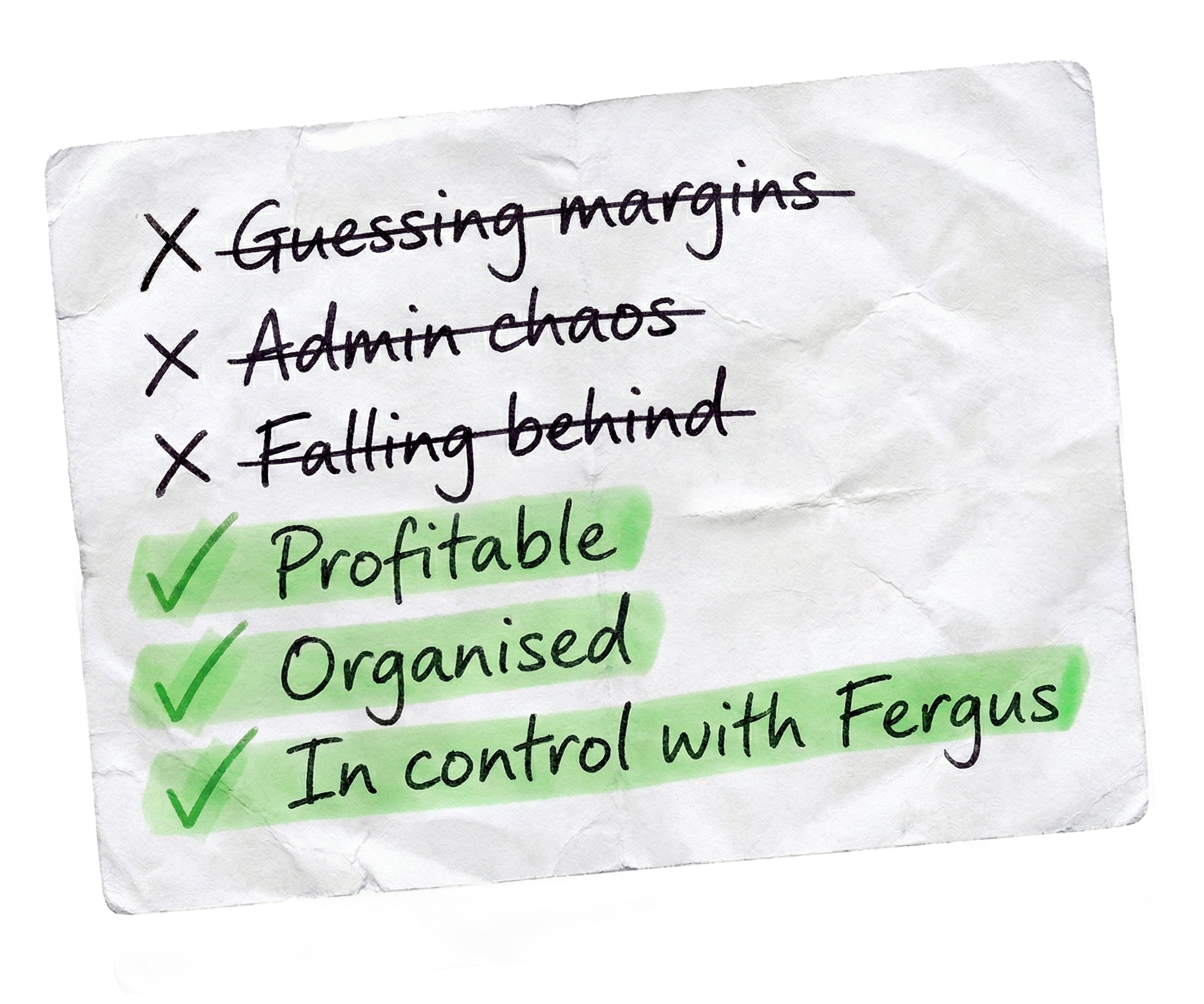
Unfortunately, as we’ve seen in recent years, the trades industry is no stranger to supply chain disruptions.
Whether you’re an electrician who needs the latest fixtures or a plumber requiring specific piping for a job, you’ll know the availability of materials is crucial to the day-to-day running of your trades business.
In recent times, global supply chain issues have posed significant challenges, but with strategic planning and adaptability, we’re going to discuss how trades businesses can equip themselves to overcome these hurdles.
Supply chain disruptions can stem from various sources, including global pandemics, natural disasters, or political unrest.
When things are running smoothly, it’s hard to imagine things going wrong which means you can’t get access to materials from your wholesalers – but as we’ve seen recently during the covid-19 outbreak and with the war in Ukraine – it can happen.
That’s why understanding these causes can help trades businesses anticipate potential delays and shortages when it comes to materials.
Material shortages can lead to project delays, increased costs, and strained customer relationships.
For tradespeople, whose work depends on timely material delivery, these disruptions can significantly impact operations.
To put it simply, don’t put all your eggs in one basket.
Establish relationships with multiple suppliers to reduce the risk of being caught short-handed in times of difficulties.
When possible, maintain a reserve of essential materials.
This buffer can be a lifesaver during unexpected shortages and can keep projects moving forward.
Stay on top of industry news and trends.
Being aware of potential supply chain issues before they hit allows for proactive measures to be taken.
Transparency is key.
Keep customers informed about potential delays and work with them to find solutions.
Proving an honest customer experience builds trust and can lead to repeat business.
Use inventory management software to integrate with suppliers, track materials and predict needs.
Technologies like Fergus can help trades businesses stay organised and responsive to changing supply dynamics.
Job management software allows you to upload price books directly from suppliers, which also helps to build quick quotes and invoices for your customers, speeding up your admin time.
Building relationships with local suppliers can reduce reliance on international shipping and potentially offer more stability.
Depending on what job you’re doing, be open to using different materials that can achieve the same result.
This flexibility can be invaluable when preferred materials are unavailable.
Participate in trade associations and advocate for policies that support a more resilient supply chain.
Collective action can lead to systemic improvements.
Supply chain issues are a complex challenge for the trades industry, but if you’re prepared, they don’t have to be the end of the world.
By getting your trades business more organised through diversifying suppliers, using software, and stockpiling certain materials, your trades business can adapt and survive where others may struggle.
Stop drowning in admin & paperwork. Start focusing on the jobs that make you money.



Our 20,000+ trades businesses have slashed their admin, are getting paid faster, and are finally enjoying their weekends again.






